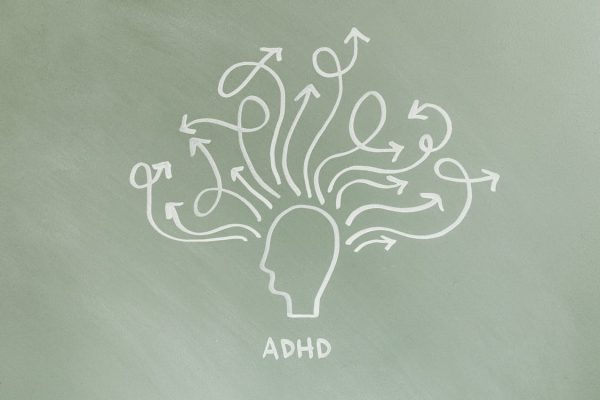Is there a connection between bedwetting and ADHD?

There is some evidence to suggest a connection between bedwetting (nocturnal enuresis) and attention deficit hyperactivity disorder (ADHD), although the relationship between the two conditions is complex and not fully understood. Let’s explore this topic further:
Co-occurrence: Research studies have found that children with ADHD are more likely to experience bedwetting compared to children without ADHD. The co-occurrence rates vary in different studies, but several have reported a higher prevalence of bedwetting in children with ADHD compared to the general population.
Shared neurodevelopmental factors: ADHD and bedwetting may share some underlying neurodevelopmental factors. Both conditions have been linked to delayed maturation of certain brain areas involved in bladder control and executive functions.
Common underlying factors: Various factors, such as genetics, abnormal sleep patterns, and psychological issues, could contribute to both bedwetting and ADHD. For example, a genetic predisposition to ADHD may also contribute to a higher likelihood of bedwetting.
Emotional and behavioral factors: Bedwetting can be emotionally distressing and may lead to behavioral problems or psychological difficulties. Similarly, children with ADHD may exhibit impulsivity, hyperactivity, and difficulties with emotional regulation, which could contribute to bedwetting.
Medication side effects: Some medications prescribed for ADHD, such as stimulant medications, may increase the risk of bedwetting as a side effect. However, it is essential to consult with a healthcare professional for a comprehensive evaluation of medication effects and possible alternatives.
It is important to note that bedwetting can have various causes, and not all cases are related to ADHD. Other factors, such as delayed bladder maturation, sleep disturbances, or psychological stress, can also contribute to bedwetting. Additionally, while bedwetting is more commonly associated with ADHD in children, it does not mean that every child with ADHD will experience bedwetting, nor does it indicate a definitive causal relationship between the two conditions.
If you have concerns about bedwetting or ADHD, it is recommended to consult with a healthcare professional who can provide a thorough evaluation and appropriate guidance based on the specific circumstances.
>> Visit our FAQ section for more information about bedwetting treatment
>> To learn more about our plans and pricing click here
Search
Recent Posts
Categories
- ADHD
- adult bedwetting
- All about Bedwetting
- bed wetting
- bed wetting alarms
- bed wetting treatment
- bedwetting
- bedwetting blog
- bedwetting causes
- Bedwetting Dictionary
- bedwetting medication
- bedwetting solution
- bedwetting solutions
- bedwetting therapee
- bedwetting therapy
- diurnal enuresis
- dribbling
- How to stop bed wetting
- nappies
- News
- primary enuresis
- progress chart
- secondary enuresis
- sleep
- sleepovers
- The Solution – Therapee
Tags
Archives
- March 2025
- November 2024
- October 2024
- September 2024
- August 2024
- May 2024
- April 2024
- March 2024
- February 2024
- January 2024
- December 2023
- September 2023
- August 2023
- July 2023
- June 2023
- May 2023
- April 2023
- March 2023
- February 2023
- January 2023
- December 2022
- November 2022
- October 2022
- September 2022
- August 2022
- July 2022
- June 2022
- May 2022
- April 2022
- March 2022
- February 2022
- January 2022
- December 2021
- November 2021
- October 2021
- September 2021
- August 2021
- July 2021
- February 2015
- January 2015
- December 2014
- November 2014
- October 2014
- September 2014
- August 2014
- July 2014
- June 2014
- May 2014
- April 2014
- March 2014







